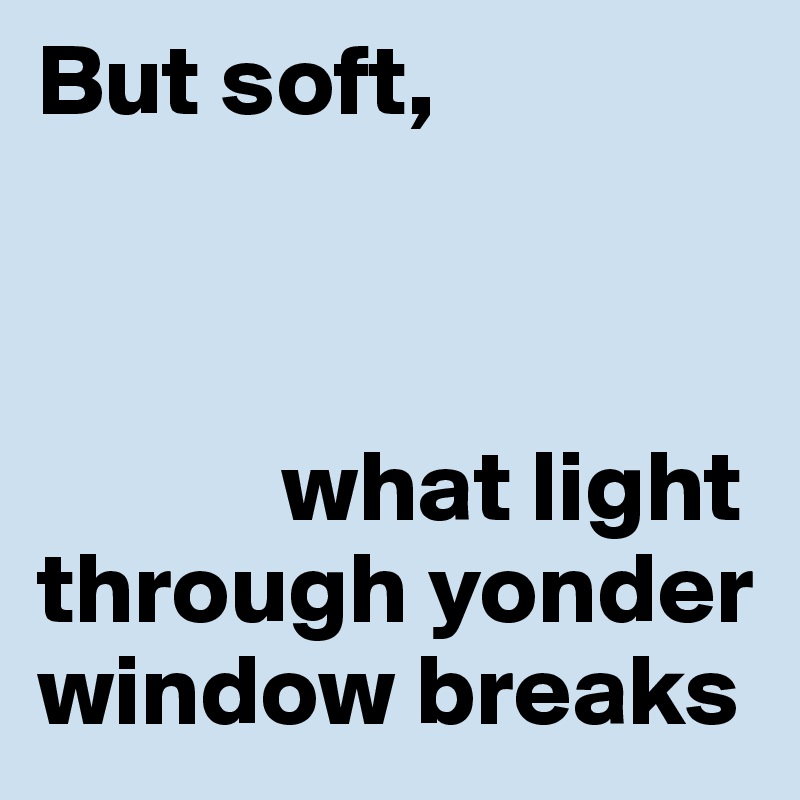Quotes that show romeo is impulsive – Romeo’s impulsive behavior is a defining characteristic that drives the plot of Shakespeare’s timeless tragedy, Romeo and Juliet. Through a series of impulsive actions, Romeo demonstrates his passionate and reckless nature, leading to both tragic consequences and moments of intense love.
This analysis will explore the various quotes that showcase Romeo’s impulsivity, examining how his love for Juliet influences his actions and the role of fate and destiny in their relationship.
Impulsive Behavior in Romeo

Romeo Montague, the protagonist of Shakespeare’s Romeo and Juliet, is characterized by his impulsive and passionate nature. His actions throughout the play are often driven by emotion rather than reason, leading to both positive and negative consequences.
Examples of Romeo’s Impulsive Actions
- Fighting Tybalt after Mercutio’s death, leading to Tybalt’s death and Romeo’s banishment from Verona.
- Marrying Juliet in secret without the consent of their families, leading to further conflict and tragedy.
- Taking Friar Laurence’s potion to fake his death, leading to a series of misunderstandings and the deaths of both Romeo and Juliet.
These actions demonstrate Romeo’s inability to control his emotions and think through the consequences of his behavior.
Consequences of Romeo’s Impulsive Behavior
- Romeo’s impulsivity leads to his banishment from Verona, separating him from Juliet and causing him great distress.
- His hasty marriage to Juliet leads to their secret relationship being discovered, escalating the conflict between the Montagues and Capulets.
- Romeo’s decision to take Friar Laurence’s potion without fully understanding its effects results in his and Juliet’s tragic deaths.
Love and Impulsivity

Romeo’s love for Juliet is a major factor that influences his impulsive behavior. His intense emotions for her lead him to make rash decisions and act without thinking.
Influence of Love on Romeo’s Impulsivity
- Romeo’s love for Juliet makes him blind to the dangers of their secret relationship and the consequences of their actions.
- His desire to be with Juliet leads him to take risks and make impulsive decisions, such as sneaking into the Capulet orchard and fighting Tybalt.
- Romeo’s love for Juliet ultimately drives him to take his own life, believing that he cannot live without her.
Impulsivity in Romantic Relationships
Impulsivity can be both beneficial and detrimental in romantic relationships. On the one hand, it can lead to spontaneous acts of love and passion. On the other hand, it can also lead to reckless behavior and poor decision-making.
Role of Fate and Destiny
The role of fate and destiny in Romeo and Juliet’s relationship is a complex and debated topic. Some argue that the lovers are doomed from the start due to their feuding families and the social and political context of the play.
Others suggest that their impulsive actions and poor decisions contribute to their tragic fate. Ultimately, the question of whether Romeo and Juliet’s relationship is determined by fate or by their own choices is left open to interpretation.
Character Development and Impulsivity: Quotes That Show Romeo Is Impulsive

Romeo’s impulsivity changes over the course of the play. Initially, he is portrayed as a reckless and impulsive young man. However, as the play progresses, he becomes more mature and thoughtful.
Romeo’s Character Development
- After Tybalt’s death, Romeo begins to question his own actions and the consequences of his impulsivity.
- His banishment from Verona forces him to confront the reality of his situation and the pain he has caused to others.
- Romeo’s experiences with Friar Laurence and Juliet help him to grow and mature, but his impulsive nature ultimately leads to his downfall.
Role of Other Characters
Other characters in the play also play a role in shaping Romeo’s impulsive behavior. Friar Laurence’s guidance and advice help Romeo to think more rationally and to consider the consequences of his actions.
However, Mercutio’s influence on Romeo is often negative, leading him to engage in reckless and impulsive behavior.
Impact of Impulsivity on the Play’s Ending
Romeo’s impulsivity is a major factor in the play’s tragic ending. His hasty decision to take Friar Laurence’s potion without fully understanding its effects leads to a series of misunderstandings and the deaths of both Romeo and Juliet.
Cultural and Social Context of Impulsivity
The cultural and social context of the play influences Romeo’s impulsive behavior. In Elizabethan England, honor, family, and societal expectations were highly valued.
Cultural Influences on Impulsivity
- Romeo’s desire to avenge Mercutio’s death is driven by the social code of honor.
- His secret marriage to Juliet is motivated by his love for her, but it also goes against the wishes of their families and the social norms of the time.
- Romeo’s impulsivity is also influenced by the social expectations placed on young men of his time, who were expected to be brave and passionate.
Comparison to Other Characters, Quotes that show romeo is impulsive
Romeo’s impulsivity is not unique to him. Other characters in the play, such as Tybalt and Mercutio, also exhibit impulsive behavior. However, Romeo’s impulsivity is particularly tragic because it leads to the deaths of both himself and Juliet.
Questions Often Asked
What are some examples of Romeo’s impulsive actions?
Romeo’s impulsive actions include killing Tybalt in a fit of rage, marrying Juliet secretly, and attempting to commit suicide when he believes Juliet is dead.
How does Romeo’s impulsivity affect his relationship with Juliet?
Romeo’s impulsivity both hinders and helps his relationship with Juliet. While it leads to their passionate love and secret marriage, it also contributes to their tragic deaths.